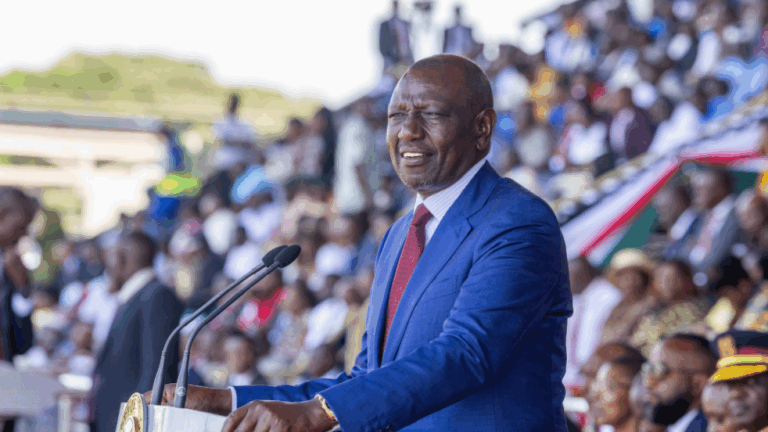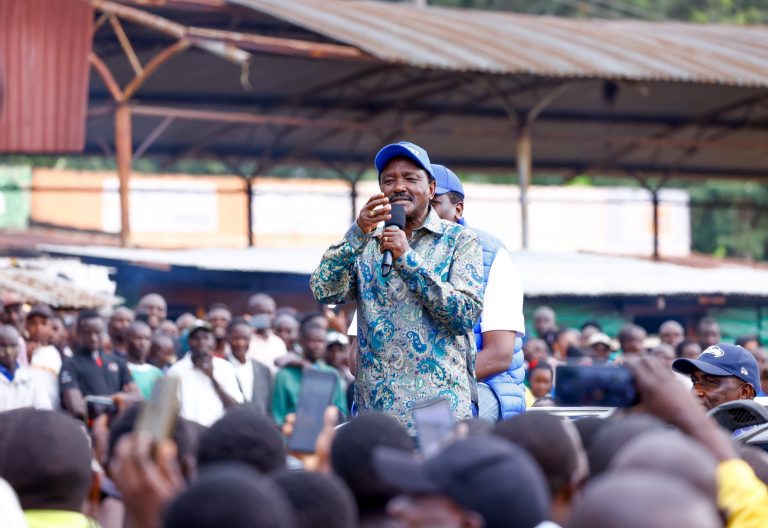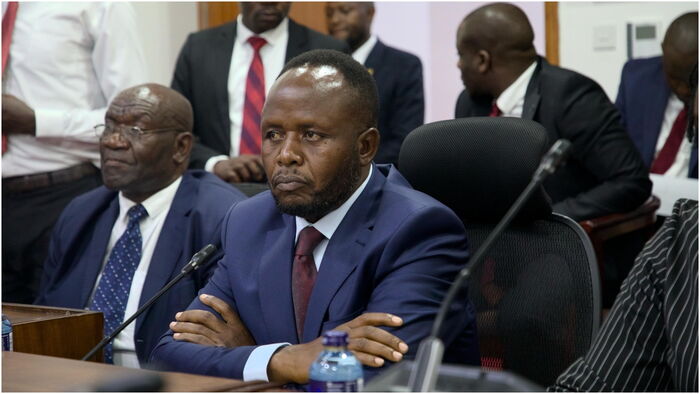
President William Ruto firmly rejected claims today that Kenya has agreed to accept deported undocumented immigrants from the United States. Speaking on the sidelines of the United Nations General Assembly, Ruto insisted that no formal request has been made by the U.S., and that any such deal would require legal scrutiny under Kenyan law.
Context: U.S. Moves with Other African Countries
The controversy follows announcements that the U.S. has reached agreements with several African states — including Ghana, Rwanda, South Sudan, and Uganda — to take in immigrants deported from the U.S. under new immigration enforcement policies. Uganda’s agreement has already prompted scrutiny over conditions and oversight.
Ruto’s Statement: Line Drawn Clearly
- Ruto clarified that Kenya has not received any official request from the U.S. government to accept deportees.
- He emphasized that any such request, should it ever arrive, must comply with the Kenyan Constitution — implying it will be evaluated under national legal frameworks before any commitment.
- The President’s position is that hosting deported immigrants will not be automatic or assumed; legal justification and proper processes are essential.
Regional Fallout: Uganda, U.S., and Immigration Diplomacy
- Uganda has already confirmed its willingness to accept U.S. deportees under certain conditions — excluding individuals with criminal records or unaccompanied minors — stirring debates in East Africa about sovereignty, resources, and human rights.
- Observers warn that Kenya’s refusal or delay in making any commitment could affect regional diplomatic dynamics, especially in spaces where immigration policy is becoming central to bilateral relations.
Why This Matters: Sovereignty, Law, and Humanitarian Stakes
- Kenya faces diplomatic pressure to align with U.S. efforts amid growing global debates over migration. How the country responds could redefine its international posture.
- There are significant legal, social, and financial implications if Kenya were to receive deportees — from immigration logistics to refugee rights and constitutional basis.
- Public sensitivity is high: citizens expect clarity on whether this move would shift responsibility for foreign migrants onto Kenya without input from citizens or due process.






